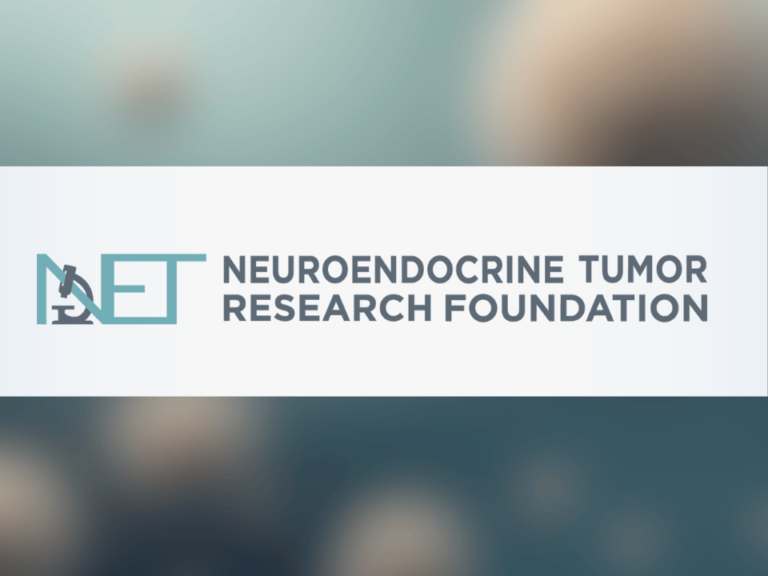

City of Hope presented more than 74 sessions at this year’s American Association for Cancer Research Annual Meeting in Chicago, highlighting breakthroughs in diagnostics, treatment options and AI-powered precision medicine.
Novel immunotherapy gains FDA approval for nasopharyngeal carcinoma
Medical oncologist Aditya Shreenivas, MD, MS, presented results from a global phase III clinical trial of penpulimab that led to FDA approval of the anti-PD-1 inhibitor for recurrent or metastatic nasopharyngeal carcinoma. The trial showed that adding penpulimab to standard chemotherapy extended the time cancer remained controlled to 9.63 months compared to 7 months with chemotherapy alone, representing a 55% reduction in disease progression risk.
“What makes penpulimab unique is that it is an anti-PD-1 antibody with a modified structure designed to potentially improve efficacy while reducing immune-related side effects,” said Dr. Shreenivas, who led the study at City of Hope, one of 46 trial sites worldwide. “This research supports use of penpulimab plus chemotherapy as a new first-line treatment option for patients with recurrent or metastatic nasopharyngeal carcinoma.”
Multimodal technologies reveal treatment response differences
Several City of Hope studies employed advanced technologies to better understand treatment responses across cancer types:
In ovarian cancer research, Jing Qian, a doctoral student in City of Hope Chief Scientific Officer John D. Carpten, PhD’s lab, used spatial transcriptomics to map interactions between cancer and immune cells, revealing differing immune cell behavior in tumors with varied responses to immunotherapy.
Tanya Dorff, MD, professor in the Department of Medical Oncology & Therapeutics Research, led a team investigating differences in metastatic hormone sensitive prostate cancer between Hispanic and non-Hispanic patients. Using digital spatial profiling, they found differences in expression of proteins targeted by certain cancer medications.
For breast cancer, Aritro Nath, PhD, assistant professor in the Department of Medical Oncology & Therapeutics Research, and postdoctoral fellow Sydney Grant developed an AI-based approach to predict recurrence-free survival.
“This work could lead to new clinical tests used at the time of diagnosis to guide treatment decisions and bring us closer to truly personalized care,” said Dr. Nath. “For example, these tools would help doctors identify which patients need more aggressive therapy and which patients could avoid overtreatment and unnecessary side effects.”
Genetic insights into early-onset colorectal cancer
A pioneering study from Enrique Velazquez Villarreal, MD, PhD, MPH, MS, assistant professor in the Department of Integrative Translational Sciences, identified unique genetic changes in early-onset colorectal cancer among Hispanic and Latino patients in Los Angeles.
This is the first study to look closely at the genetics of colorectal cancer in Hispanic and Latino patients from the Los Angeles area, a group that’s often left out of cancer research.
Francisco Carranza
Using DNA and RNA sequencing along with the 10x Genomics Visium platform, the team examined which genes are activated or silenced in specific tumor regions to better understand cancer-immune system interactions.
“This is the first study to look closely at the genetics of colorectal cancer in Hispanic and Latino patients from the Los Angeles area, a group that’s often left out of cancer research,” said postdoctoral fellow Francisco Carranza, the study’s first author. “By understanding how colorectal cancer affects different populations, especially those who are often overlooked, we can help create better and more targeted treatments.”
AI-powered precision medicine tool addresses health equity
Dr. Velazquez Villarreal also introduced the Precision Medicine Artificial Intelligence Agent (PM-AI), a conversational AI system that integrates clinical information, genetic data and social determinants of health to make complex data analysis more accessible.
“By making it easier to analyze large and complex datasets, PM-AI can help researchers and doctors discover which treatments work best for different groups of people,” said Dr. Velazquez Villarreal. “This means patients could one day receive more personalized care based on their genetics, health history and social conditions — leading to better outcomes for everyone, especially underserved communities.”
New combination overcomes treatment resistance in breast cancer
For patients with estrogen receptor-positive breast cancer who develop resistance to treatment, Andrea Bild, PhD, professor in the Department of Medical Oncology & Therapeutics Research, and colleagues identified a promising combination therapy of ribociclib (a cell cycle inhibitor) plus afatinib (a growth factor inhibitor).
“Although cell growth-targeted drugs have improved outcomes for hormone-dependent breast cancer patients, resistance remains a major clinical challenge limiting their long-term benefit,” said Dr. Bild. “Our research presents a novel strategy to enhance the durability and effectiveness of current treatments.”
City of Hope® is one of the largest and most advanced cancer research and treatment organizations in the U.S., with its National Medical Center named top 5 in the nation for cancer by U.S. News & World Report. To learn more about City of Hope, visit: www.cityofhope.org.
Discover the latest innovations in cancer research on City of Hope’s new podcast, “On the Edge of Breakthrough: Voices of Cancer Research.” Available on Spotify, Apple Podcasts and at cityofhope.org/edge-of-breakthrough.








